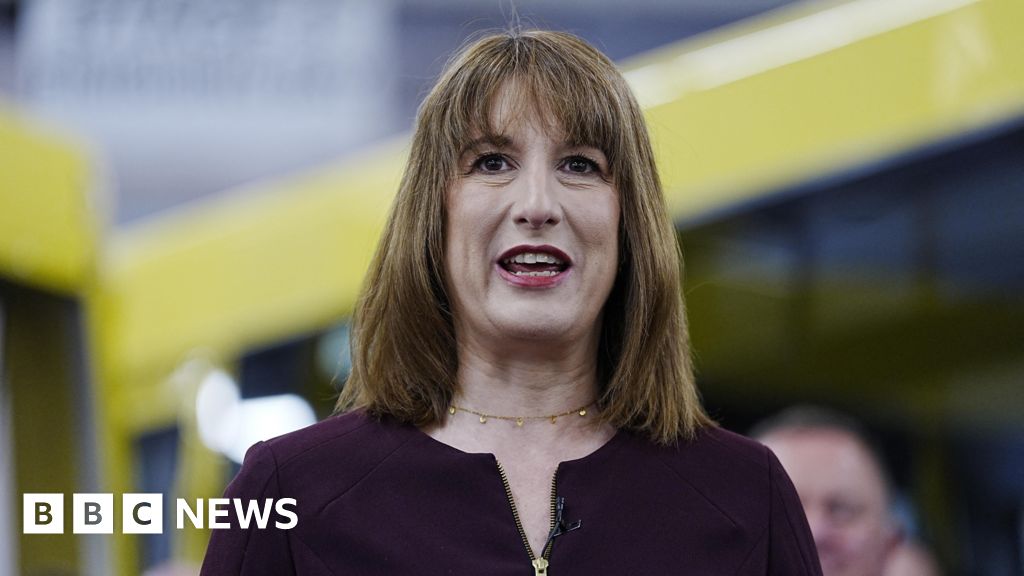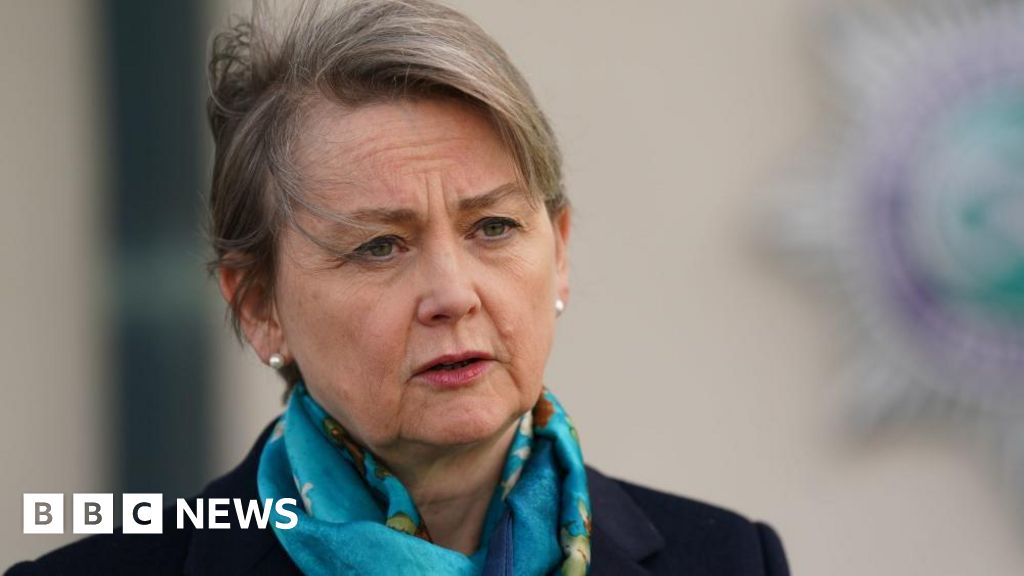ARTICLE AD BOX
By Adam Durbin
BBC News
MPs will return to Westminster on Monday, amid continuing speculation about a possible vote of confidence in Boris Johnson's leadership.
Some Tory MPs have told the BBC such a ballot could be triggered this week, as the prime minister continues to face calls to resign over lockdown parties.
On Sunday ministers publicly backed the PM to win a vote, should one be called.
Business minister Paul Scully told Channel 4 that a vote "may well" happen - but Mr Johnson "will face it down".
Transport Secretary Grant Shapps also told the BBC the prime minister would not lose a confidence vote among his own MPs.
In the 10 days since MPs returned to their constituencies for the half term break, speculation has swirled about whether Mr Johnson will face an internal electoral battle to save his premiership.
For a confidence ballot to be triggered, 54 Tory MPs must formally put in a letter to Sir Graham Brady, the chairman of the 1922 Committee of backbench MPs, asking for one.
So far 28 Conservative MPs have publicly called on Boris Johnson to step down. But some Conservative MPs have privately told the BBC they believe the threshold for triggering a vote could happen in the coming week.
On Sunday, both Mr Shapps and Mr Scully shrugged off crowds booing the PM at the Jubilee thanksgiving service, with Mr Shapps saying politicians didn't expect to be "popular all the time".
Mr Scully told Channel 4's The Andrew Neil Show politicians had been "booed through time immemorial".
He added: "We may well have a vote of confidence. If it does happen, the prime minister, I know, will face it down.
"But whatever happens, we've got to get back to governing, to tackle the things that people want us to do on a day-to-day basis, not continuing... to look back at two years previous."
"I begin to wonder if the Tory party has a death wish." So says a senior supporter of Boris Johnson.
"Either we get rid of him or the electorate will get rid of us," says a Conservative MP who wants him out.
After four days of bunting, union flags, Paddington Bear and Jason Donovan, yes - that is the sound of the clunk and clatter of politics returning.
Resuming again, a festival of guesswork to rival any fete or pageant, all focused on the prime minister's future.
I am struck by a couple of things:
Firstly, speaking to Mr Johnson's greatest supporters, his biggest critics, and those somewhere in between, there is a collective gloom within the Conservative Party. A feeling they are in a spot it will be hard to get out of in one piece.
And secondly, very few within the Conservative parliamentary party would be remotely surprised if a vote of confidence happens this week.
But that doesn't mean one definitely will.
On top of the internal machinations of his own backbench MPs seeking his removal, Mr Johnson also faces two upcoming electoral tests on 23 June - with by-elections being held in seats vacated by former Tory MPs in controversial circumstances.
The first is in the marginal West Yorkshire constituency of Wakefield to replace Imran Ahmad Khan, who was jailed for sexually assaulting a teenage boy.
The second is in the safe-seat of Tiverton and Honiton in Devon, after Neil Parish stood down after admitting to twice watching pornography in the House of Commons.
Ahead of these votes, this week Mr Johnson is expected to make a speech on housing policy in an attempt to focus attention on his government's agenda.
How does a confidence vote work?
Under Conservative Party rules, for a leadership ballot to take place 15% of the parliamentary party - currently 54 MPs - must write letters to the chair of the backbench 1922 Committee saying they no longer support the PM.
It is not known how many MPs have submitted one so far to the current chairman, Sir Graham Brady.
This is because he is notoriously discreet about what the tally of letters is at any given time.
If a vote is called, a majority of Tory MPs must vote against their leader for them to be removed, which would mean in the current Parliament the rebellious MPs would need to get 180 votes in total to succeed in removing Mr Johnson.
A Conservative leader who survives a confidence vote is safe from any further challenge for a year.
Pressure on Mr Johnson to resign has been increasing since allegations emerged of parties taking place inside Downing Street while coronavirus restrictions were still in place.
Last month, an investigation published by senior civil servant Sue Gray revealed widespread Covid rule-breaking had taken place, with staff throwing up, getting into altercations and being rude to security staff at parties.
Ms Gray's report followed a months-long Metropolitan Police investigation which ended in 126 fines being issued to Downing Street staff, including to the PM and Chancellor Rishi Sunak for attending a birthday party in No 10 for Mr Johnson's birthday.
The prime minister is also facing a parliamentary investigation over whether he misled MPs when he told the House of Commons that no parties took place and Covid rules were followed at all times in Downing Street.
Mr Scully said he did not believe that his leader had "wilfully misled parliament", but did express frustration over "the way that we as a government have handled this issue."
He said: "It should have been actually dealt with before Christmas. That was one of the things I regret, that it has stretched out for so long."
Grant Shapps was asked by the BBC's Sophie Raworth if Boris Johnson would win a confidence vote

 3 years ago
83
3 years ago
83








 English (US) ·
English (US) ·